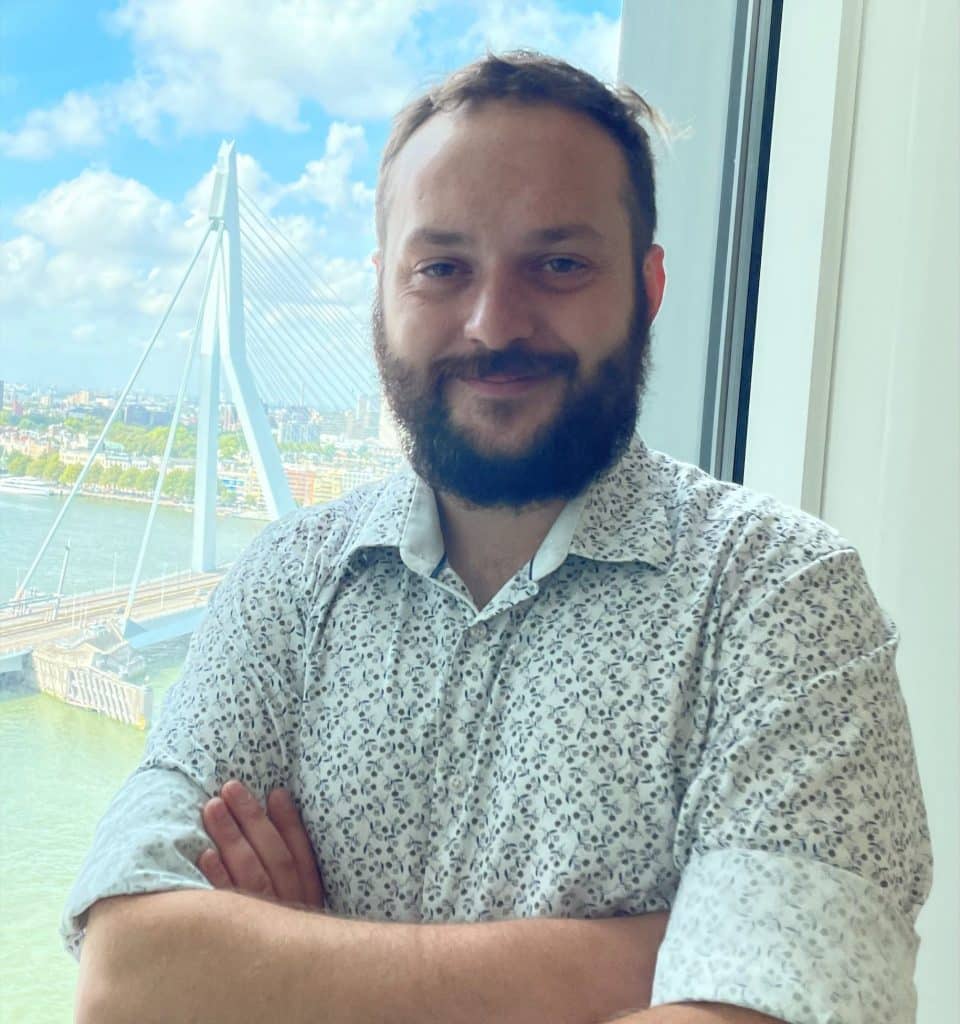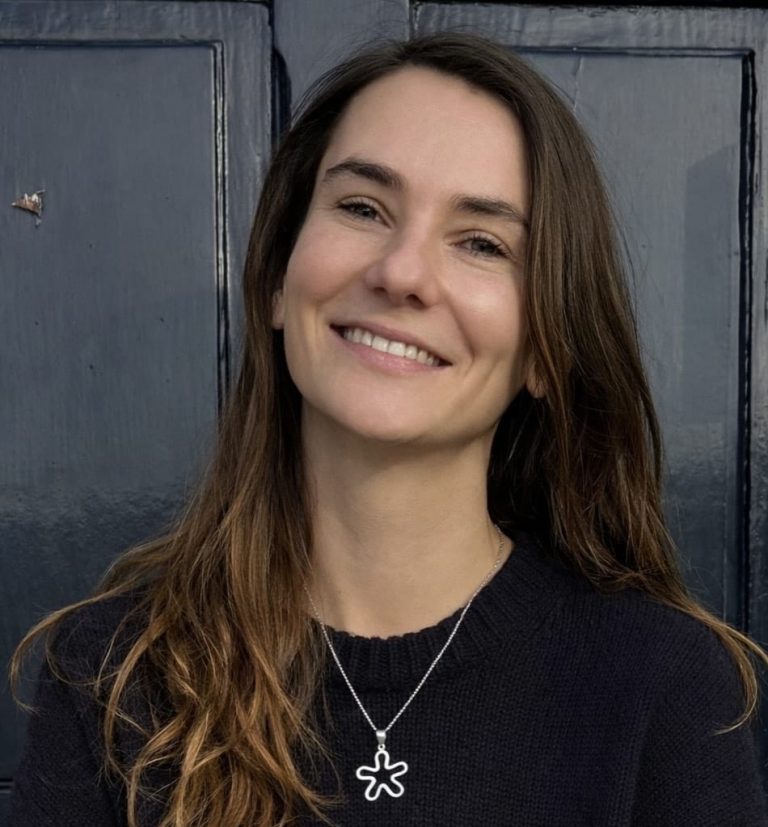The new English compensation programme of the SOB
The SOB has developed three new (English-language) programmes for a new category of members. These compensatory programmes are mandatory for this new group of prospective members. Depending on the extent to which they have studied tax subjects during their education, they must complete one of these new tracks during their prospective membership before being eligible for regular membership. Five questions to Lech Lipinski about this new programme.

Can you introduce yourself?
My name is Lech Lipiński. I am from Poland, but I graduated with both my bachelor’s and master’s degrees from Maastricht University in the Netherlands. First, I pursued a bachelor’s in European Law, and then I completed a Master’s in international and European Tax with a specialization in Tax Technology. Currently, I am working with the Transfer Pricing department, but previously I worked in Tax Technology, both at Deloitte. Before that, I was a working student, first at Meijburg & Co, and later at Deloitte. I am one of the 21 candidates participating in the new English SOB programme.
Why did you apply for this English compensation programme?
I heard about this programme quite some time ago from one of the partners in Tax Technology. It instantly attracted my attention, and I think it’s a great opportunity for all international colleagues. First of all, I think there is the cool factor of being in the first group doing this programme. But on top of that, I believe that many internationals here within Deloitte had the feeling that we were missing out on a lot of incredible education provided by the SOB because we were unable to join. Now that the SOB has started with this English programme, we can catch up on all of this additional knowledge. This is very valuable for us as employees of our company and for our own personal career goals.
Do you experience other benefits regarding this programme?
Within the group, we have tax practitioners from maybe not all around the country, but at least various companies from the Randstad area. That’s a high networking value. A huge difference, and I consider this an extra benefit compared to the Dutch SOB training, is the very diverse group of students. We have people who, similarly to me, have one or two years of experience, but also people with over ten years of experience originating from all around the world in our group of 21 people. So that is also a huge networking potential not only for career opportunities but also for exchanging knowledge.
You participate in the first group of 21 people. We hope there will be more people starting with this English programme. What can we do to achieve that?
First of all, I think this interview is a good initiative, especially as it is in English. I think there are four main aspects to consider:
The first big step would be making the information a bit more accessible. I know that currently, the website is being renovated and it looks much more attractive than before. But currently, the availability of the information on the English programme is a bit limited. I think that a lot of people, especially tax practitioners who have arrived here only recently, will have difficulties in finding the information about the programme. So, having the information more easily accessible will motivate people.
Secondly, I think it is very important to remember to strive to bridge the divide between the Dutch speakers and the non-Dutch speakers because I think it’s quite often a problem. One of the ways to do that is through joint initiatives from the JOB. I know that they are organizing some initiatives, but the goal should be that the initiatives are inclusive also for people who do not yet speak Dutch.
Thirdly, there should be a very close cooperation between the SOB and the leadership of the most international tax teams from all the associated firms. For instance, within Deloitte, we have three teams that are very international: Tax Technology, Transfer Pricing, and Indirect Tax. This also coincides with the available compensation programmes that the SOB offers, which is great.
The last thing is what Angelique van Streepen (Director of Training) already initiated. It is the concept of the first member, the first group of 21 students being ambassadors of the programme. I think that a lot of promotion also among other teammates can be done mouth to mouth and also in a very casual interpersonal level. I’ve already tried to attempt that, but I think that this has to be connected with people like us as juniors and seniors talking about that. But also the leadership informing everyone that this opportunity is available.
I think the mentioned factors above must be taken into consideration to make it more accessible and reach out to more candidates because it’s in the interest of everyone to have all the programmes opened.


